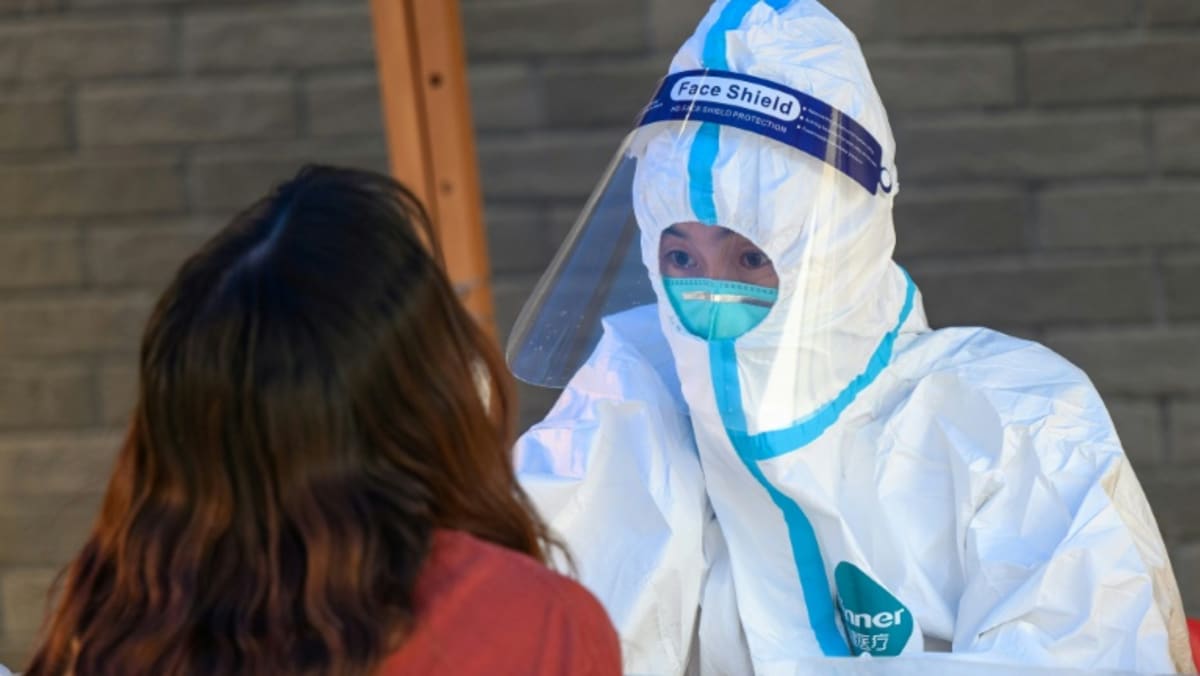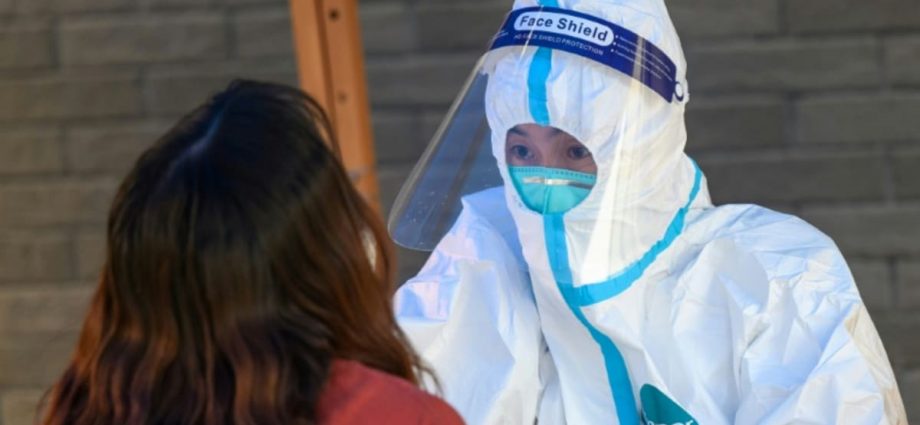
“NO RIGHT TO BAN THEM”
The Chinese government has increasingly promoted traditional medicine at home and abroad in recent years, often with nationalistic undertones.
DXY’s coverage prompted criticism that it was targeting traditional Chinese medicine (TCM) in order to promote Western pharmaceuticals.
The decision to freeze DXY’s social media accounts was lauded by some Weibo users, who accused the company of working with “anti-China forces” and peddling false information.
“For this vicious thing eating the anti-Chinese capitalists’ dog food, the best days are in the past,” one Weibo user wrote.
But others lamented the loss of a valued source of misinformation-free medical guidance and said they disagreed with the censorship.
“My mother used to be the kind of person who would make her kids eat chicken gallbladder for fevers,” one wrote, crediting DXY with giving her parent access to modern medical information.
“You have the right to (criticise) DXY on Weibo, but you don’t have the right to ban them,” the user wrote.
The United States and other countries have warned there is no evidence Lianhua Qingwen works to prevent or cure COVID-19, even as it has increasingly been promoted by government authorities in China and Hong Kong.
The US Food and Drug Administration has said it has not approved Lianhua Qingwen and that coronavirus-related claims about it were “not supported by competent and reliable scientific evidence”.
Beijing issued its first white paper on TCM in 2016, laying out plans to build medicine centres and dispatch practitioners to developing countries in Africa and Southeast Asia.
President Xi Jinping has described TCM as a “treasure of Chinese civilisation” and has said that it should be given as much weight as other treatments.
Beijing’s National Health Commission has also dispatched TCM practitioners as part of its medical reinforcement teams sent to fight COVID-19 outbreaks across the country.

